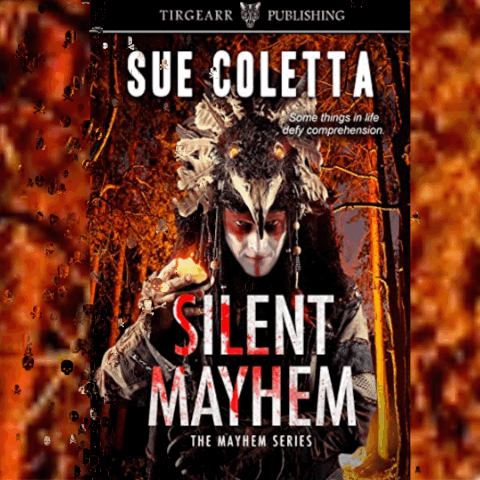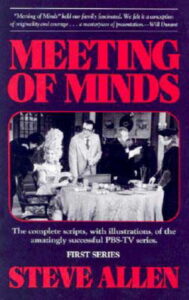by James Scott Bell
@jamesscottbell
Say, just wondering, but have any of you awakened lately and felt like you’re not in your own bed, but rather inside the trash compacter from Star Wars?
That’s what I thought. Thus the word escape comes to mind. And isn’t that what good, solid, entertaining fiction is about? I believe in escapism. It’s as necessary for human flourishing as good food, good sleep, and good company.
Erle Stanley Gardner, said:
“The public wants stories because it wants to escape.…The writer is bringing moral strength to many millions of people because the successful story inspires the audience. If a story doesn’t inspire an audience in some way, it is no good.”
Dean Koontz said:
“In a world that encompasses so much pain and fear and cruelty, it is noble to provide a few hours of escape, moments of delight and forgetfulness.”
And this from our own Brother Gilstrap:
“I want to make their hearts beat a little faster and I want to make them laugh and sometimes cry. I want to earn those occasional emails I get from readers who share that my stories have been welcome diversions from the problems stacked up by real life.”
That can be said of all of us here at TKZ. Nothing pleases us more than transporting readers into a fictive dream.
And yet, it isn’t always easy to escape into fiction these days. When was the last time you “got lost” in a book? So much so that all considerations of time and other pursuits went completely away?
It was a lot easier in the days before computers, smart phones, social media, cable and satellite TV with a gazillion channels, endless content streams, 24/7 news cycles and on and on.
In spite of all that—nay, because of it—we all have a craving for regular escape.
So here’s what I’ve done. I have a special chair in my family room, set by a window, which is my reading chair. Having the same physical location for my reading sets off a Pavlovian response in my mind, i.e., that here is where I don’t have to check my phone, scan the internet, or worry about anything. The only concession to technology is putting on smooth jazz via the Pandora app on my phone.
Also, in this chair I prefer to read a physical book. I like that old-school feeling of having pages in my hands and a to-be-read stack on the table. (When I’m not in my chair, but in bed or waiting in an office, I do utilize my Kindle, with its 99¢ collection of the complete works of Dickens, and so on. I’m no Luddite.)
Next comes the “getting lost” part. There’s a certain mental practice required here, I believe. For example, when I start a novel I give the author the benefit of all doubt. I am pulling for them to pull me in. When they do, it’s magic. If the opening chapters aren’t stellar, I still give the author some space, hoping things will change for the better. This space is limited, however; I am more prone to setting aside a book that doesn’t hold me than I used to be.
What if you don’t have a lot of time to escape? Or you’re in the midst of a pressing day and you need to snatch some relief?
The answer is the short story. In the bookshelf near my reading chair are several collections of short stories. Everything from Hemingway (who I consider the undisputed master of the form) and Irwin Shaw, to collections of classic pulp, such as The Black Lizard Big Book of Black Mask Stories (ed. Otto Penzler).
I can always grab one of these and go for a satisfying ride. When I return to “real life,” I feel refreshed.
In that regard, please indulge me in a short commercial. I’ve got a project for escapism over at Patreon. My product is short stories. I write stand-alone suspense, stories that tug the heart, and on occasion something speculative, a la Ray Bradbury. I also have a series character who is a troubleshooter for a movie studio in post WWII Los Angeles (written in classic pulp style). These stories are exclusively for patrons, and cost less than a Starbucks drip. (I also do flash fiction—under 1k words—for ten-minute escapes.)
And for the price of a fancy-dancy frothy drink, you get the stories plus advance review copies (ARCs) of my full-length fiction.
All the details can be found here. I would be most grateful for your support.
We now return you to your regularly scheduled program, with some questions from our host:
When was the last time you got lost in a book? Is finding time to read more difficult for you these days? Do you have a preferred place to read? Are you a “physical” or “ebook” or “doesn’t matter” reader?

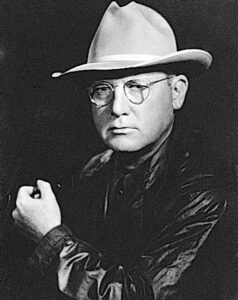
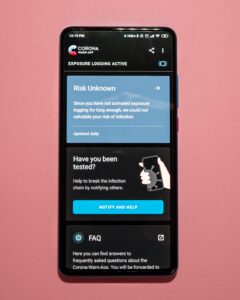

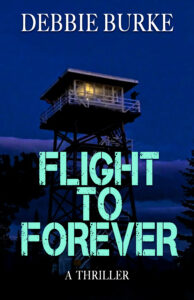

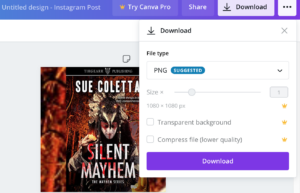

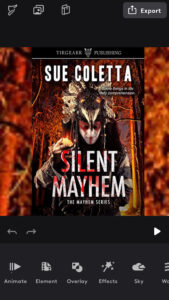
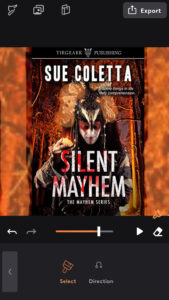
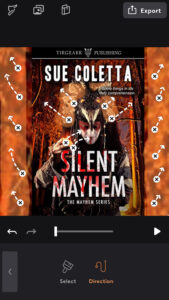

 And that’s it. Want to see the finished project? Hopefully, the gif will work on TKZ. Otherwise, *awkward.* LOL
And that’s it. Want to see the finished project? Hopefully, the gif will work on TKZ. Otherwise, *awkward.* LOL